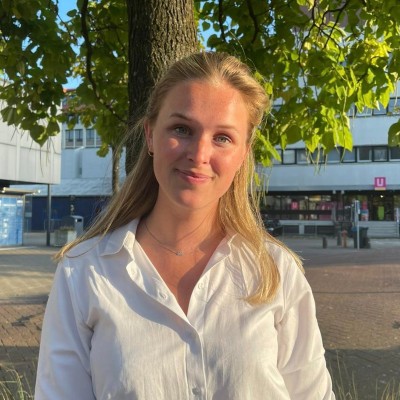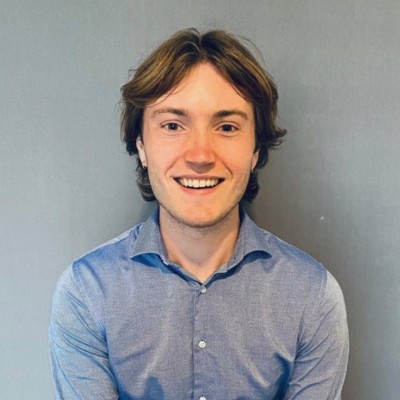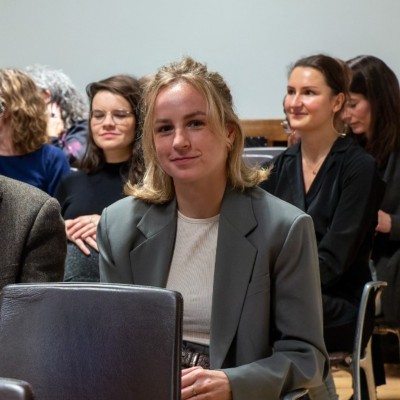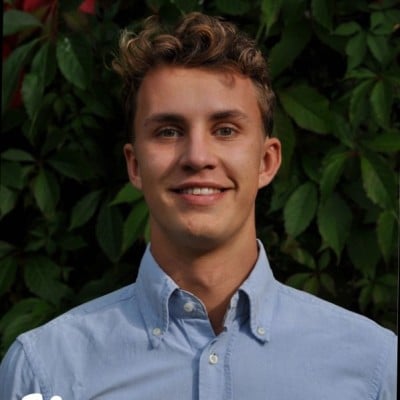Econometric Game 2021
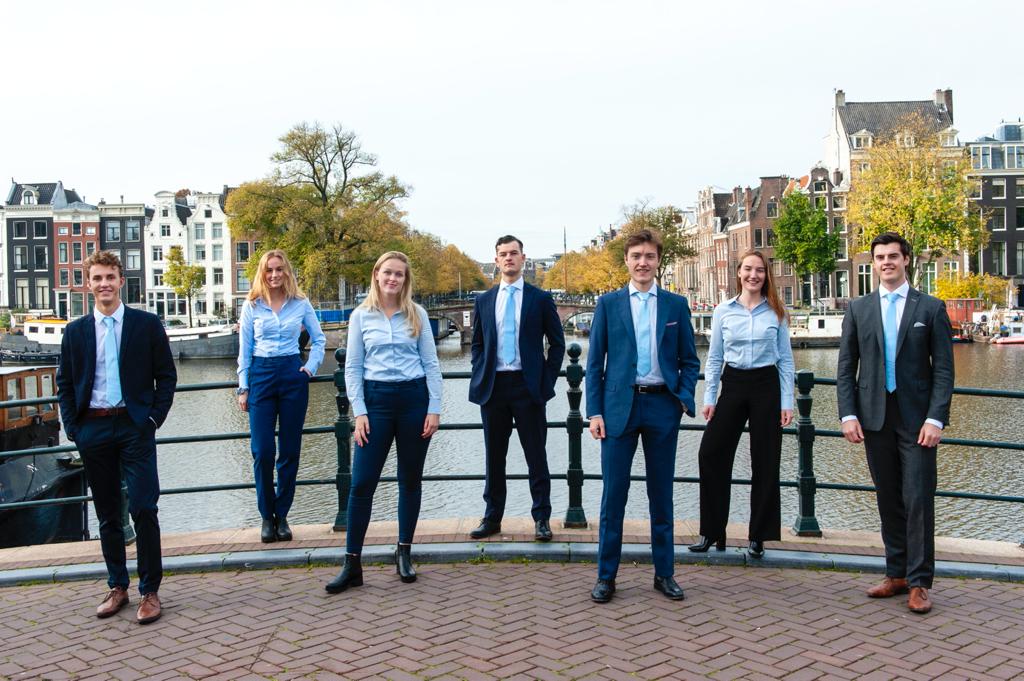
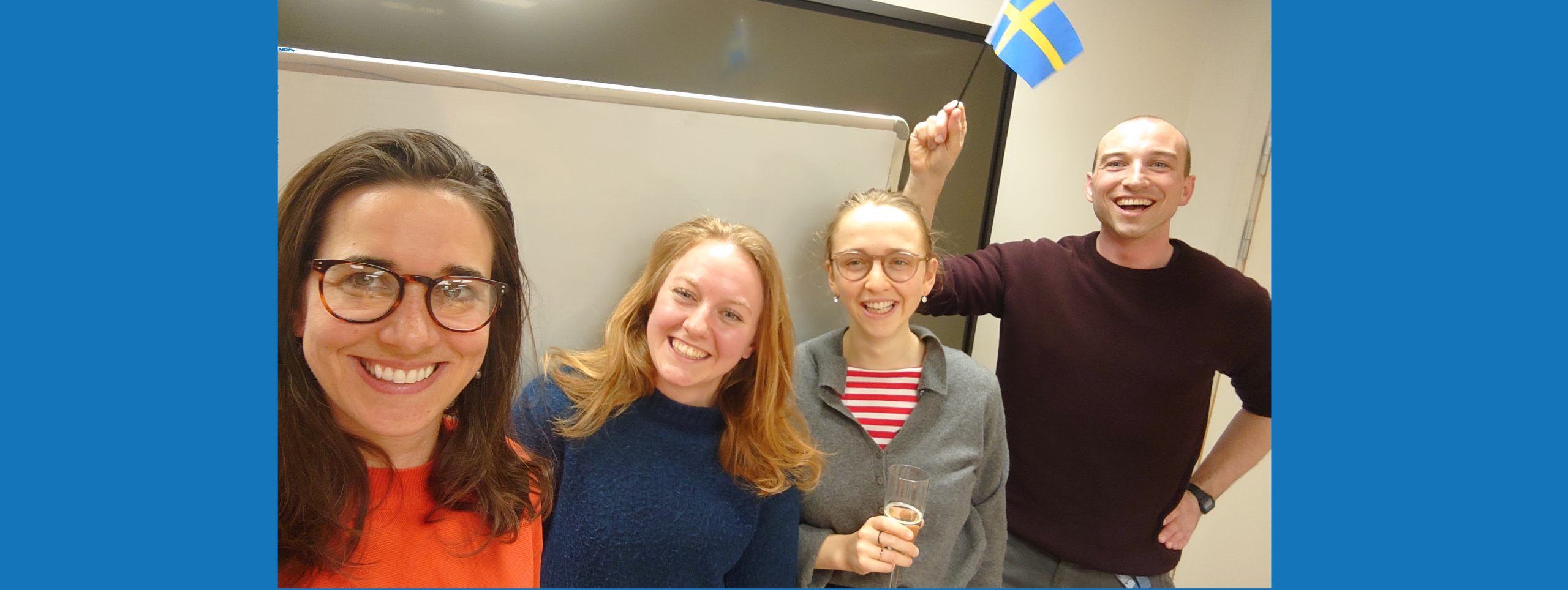
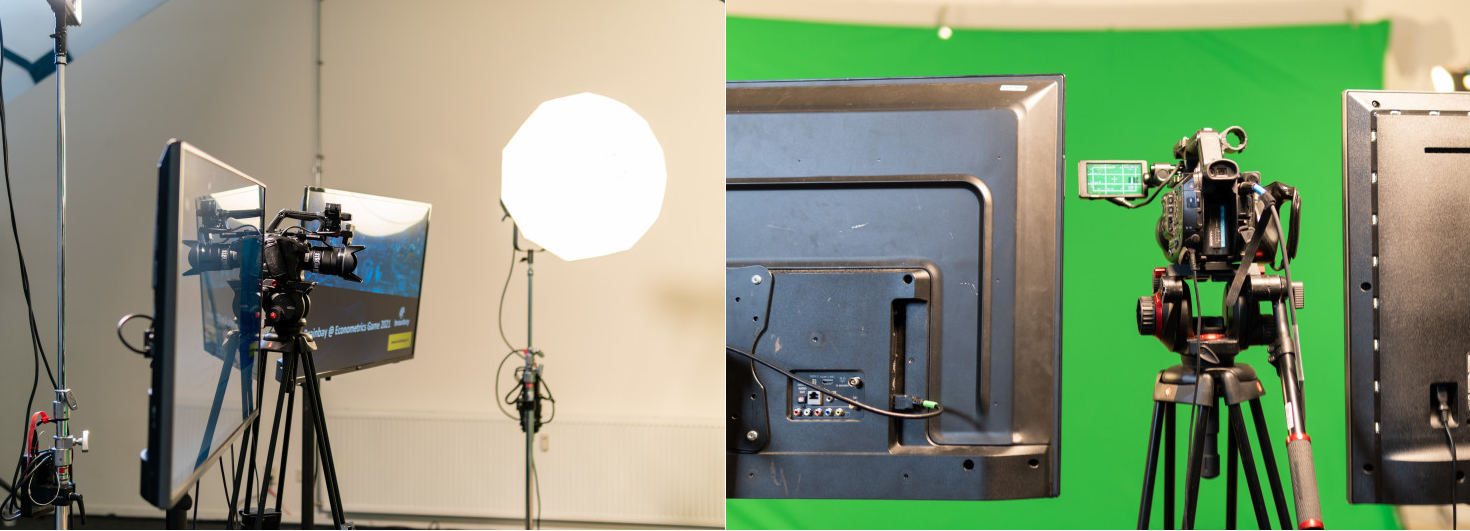
General
Every year, the University of Amsterdam is hosting the Econometric Game, one of the most prestigious projects organized by the study association for Actuarial Science & Econometrics (VSAE) of the University of Amsterdam. The participating universities are expected to send delegations of four students majoring in econometrics or relevant studies with a maximum of two PhD students. This year was the first online edition ever held due to the Corona pandemic. The teams were given a case study, which they had to solve in one day. The ten teams with the best solutions will continue to the final on day two. This was an extension of the case on day one and at the end of the day, all the finalists had to present their findings. The solutions were reviewed by a jury of qualified and independent professors.
The Econometric Game 2021 took place on the 8th and 9th of April 2021 in digital format. The theme of this edition was Airbnb and the housing market in Amsterdam.
The Case
This year’s casemaker is Martijn Dröes. He is currently an assistant professor real estate finance at the University of Amsterdam.
About the case
In the last decade the sharing economy has increased tremendously in both scope and size and it is now affecting all aspects of modern-day life. Some well-known examples include peer-to-peer lending, crowdfunding, ridesharing, and home sharing. A prime example of the sharing economy is Airbnb. There are currently 150 million users worldwide, 6 million listings in over 65,000 cities. The case for the Econometrics Game 2021 – prepared by Martijn Dröes from the University of Amsterdam – focusses on the local effects of Airbnb on
the housing market in Amsterdam.
The first listings in Amsterdam were in 2008 and have exploded exponentially. Besides having impact on the tourism/hotel industry, it
also has a major impact on the housing market. On the one hand, Airbnb raises money for local residents and the (local) economy, on the other hand the increasing flow of tourists also creates nuisance and noise pollution and raises concerns about better regulating the Airbnb inflows into the city. Which one of these aspects dominates is, a priori, unknown, but we would expect that these forces are affecting house prices (of individual houses) in Amsterdam. House prices in Amsterdam have been soaring with an increase of 65% within the 5
years prior to 2018. To what extent might the increased popularity of Airbnb be to blame? Although recently house prices have stabilized in Amsterdam, there is a genuine concern whether the current shortages as observed in many part in the Netherlands are exacerbated by the presence of Airbnb.
With the help of Brainbay/The Dutch Association of Realtors, detailed microdata on house prices and Airbnb listings are made available for the international teams to analyze. Advanced econometric techniques are necessary to model the relationship between Airbnb and house prices and to examine whether the effect of Airbnb is causal. How to deal with and regulate Airbnb is high up the political agenda of many cities. The findings of the different teams could help in the debate regarding this issue, within Amsterdam and more broadly, on how to facilitate and/or regulate Airbnb and how to better integrate the sharing economy with the mainstream economy: to innovate as a city while remaining accessible and livable for local residents.
Econometric Game 2021 – Case A
Econometric Game 2021 – Case B
The Jury
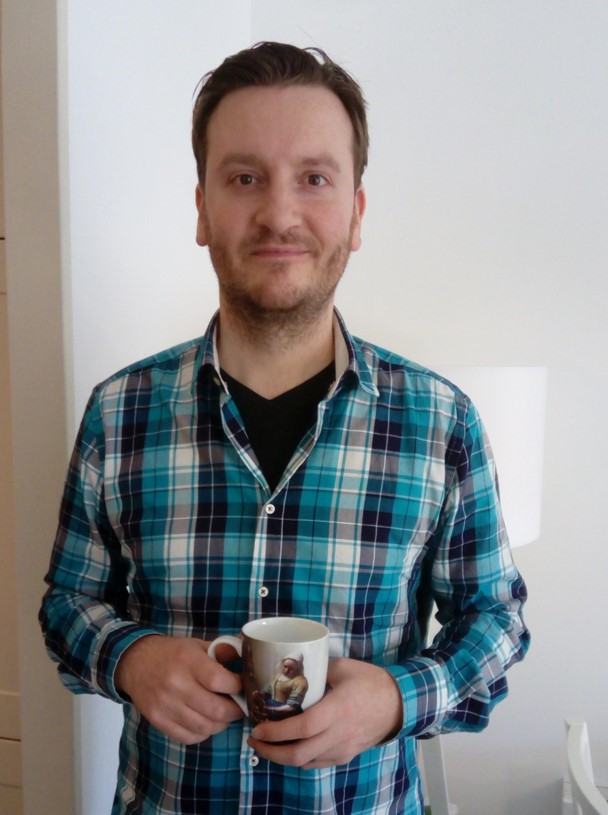
Martijn Dröes
Casemaker and JuryMartijn Dröes is assistant professor real estate finance at the University of Amsterdam. Martijn obtained both his Bachelor’s degree (cum laude) and Master’s degree (cum laude) in Economics at the University of Utrecht. He finished his dissertation in 2011 on the price uncertainty in the Dutch owner-occupied housing market at the econometrics chair in Utrecht. After that he worked at a large applied sciences research company (TNO) and as a researcher at the Spatial Economics department of the VU University Amsterdam. His research focusses on house price dynamics, house price risk, and more broadly on urban economics. He has published in leading journals in these fields such as Journal of Urban Economics and Journal of Regional Science. Besides lecturing on real estate valuation and real estate investments, he has also been involved in numerous courses on Econometrics & Statistics.
Fonger Ypma is CEO of brainbay, a leading Dutch real estate data company, owned by the NVM Holding (Dutch Association for Real Estate Brokers and Appraisers), and recently spun out. With their rich dataset on the majority of real estate transactions in NL, and rich toolkit for real estate brokers, brainbay aims to become the leading Dutch platform for real estate information and smart, data-driven services. They are one of the market leaders in automated home valuations with their in-house developed machine learning model. Previously, Fonger was Head of Smart Energy Lab at Eneco, a Dutch energy company, where he founded the data science team. Prior to this, he worked as consultant at McKinsey for 5 years, where he gained a broad cross-industry experience, from Telecom and Financial Institutions to Heavy Industry and Energy. Fonger holds a PhD in Mathematical Physics from Oxford University, as well as an MSc in Mathematics and Physics from the University of Amsterdam.
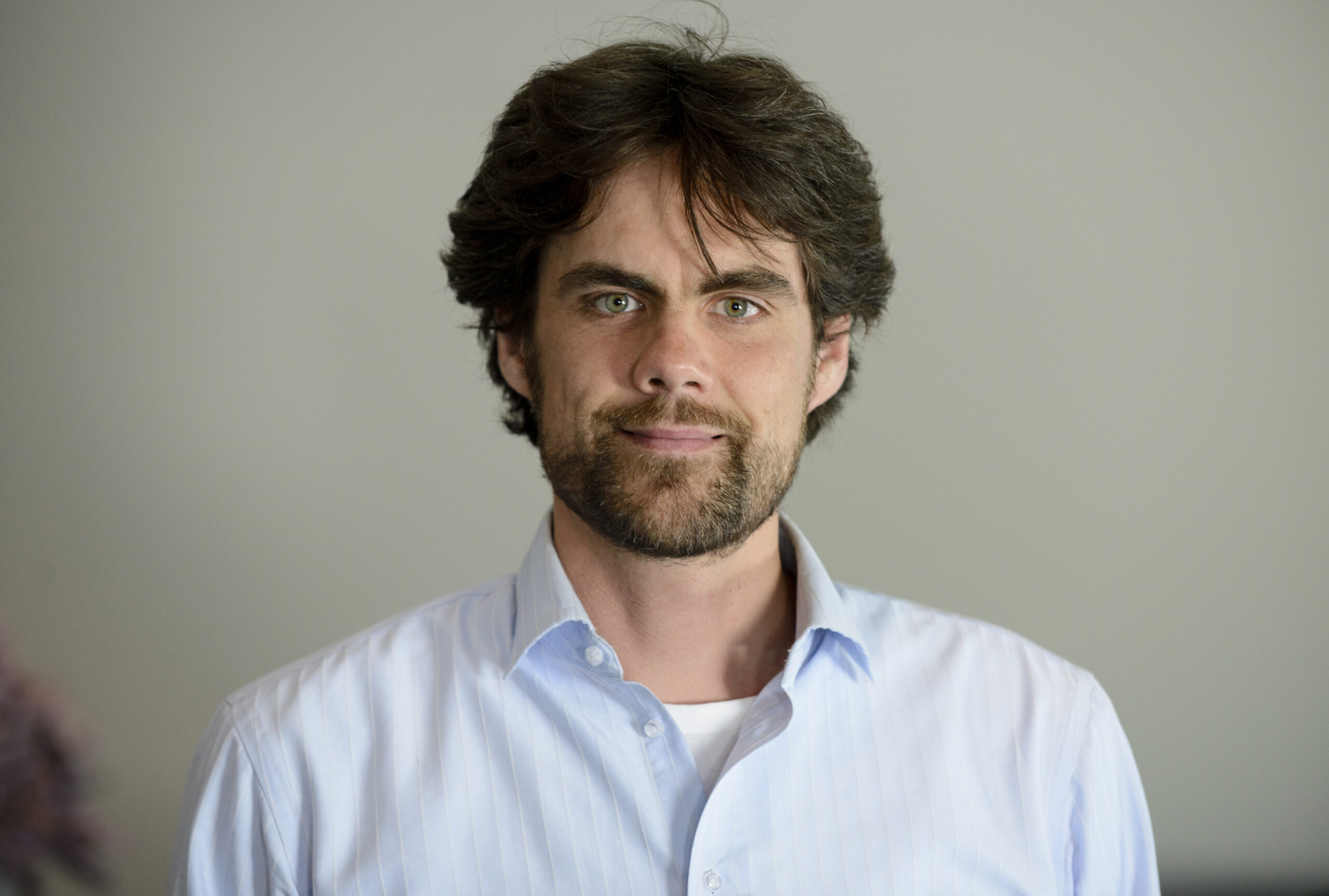
Fonger Ypma
Jury
Hans Koster
JuryHans Koster is an associate professor at the Department of Spatial Economics, Vrije Universiteit Amsterdam. Hans obtained his bachelor’s degree in Economics at the Erasmus University Rotterdam and his master’s degree (cum laude) in Spatial Economics at the Vrije Universiteit Amsterdam. He defended his Ph.D. thesis in 2013 on the economics of the spatial structure of cities. Hans is also a Leading Research Fellow at the Higher School of Economics in St. Petersburg, affiliated as Research Fellow with the Tinbergen Institute, as Research Associate with the Centre for Economic Performance (Urban Programme) at the London School of Economics, and as Research Affiliate with the Centre for Economic Policy Research. Hans’s research concerns the economic analysis of cities, regions and the environment. His interests lie in understanding the functioning of housing and land markets, the agglomeration of firms and people within cities, the consequences of place-based policies, income inequality and segregation within cities, as well as the functioning of retail and commercial property markets within cities. Hans’s research relies on big data and the use of advanced econometric techniques.
Finalists and findings
Lund University won the 2021 edition.
The top 3:
- Lund University
Lund_Case_A_2021
Lund_Case_B_2021 - Vrije Universiteit Amsterdam
VU_Case_A_2021
VU_Case_B_2021 - University of Cambridge
Cambridge_Case_A_2021
Cambridge_Case_B_2021
The other finalist were:
Aarhus University,
Erasmus University Rotterdam,
New Economic School,
Stellenbosch University,
University of Antwerp,
Université de Lausanne,
Norwegian School of Economics
You can watch the final presentations of all the finalists here:
Committee
Hi, I am Pien Baas and I am the chairman of the Econometric Game committee of 2021. Currently, I’m studying econometrics and live in Amsterdam. My committee and I will arrange everything for the 2021 edition, to make it an unforgettable experience for the participants. Sadly, last year the edition was cancelled due to the corona virus, and to not let that happen again we decided to host the event online. Since this is the first time, we are working hard to make it as great as it would be if it were in Amsterdam. I wish all the participants good luck and hope to see everyone online in April 2021!
Hi! My name is Jack and I am currently finishing my bachelor Econometrics at the University of Amsterdam. This year, I will arrange the facilities; places to stay, location of the event, etc., I will also interfere with the acquisition. As last year’s event, unfortunately, did not take place, we are extra motivated to make this year better than ever. We hope everyone enjoys the Econometric Game 2021!
Hi, my name is Benjamin. I am a third-year bachelor student in econometrics. Besides studying at the University of Amsterdam, I am also employed there as a tutorial teacher. In preparation for- and during The Econometric Game, I will be the main contact person for the participants and the participating universities. I hope to make the twenty-first edition of The Econometric Game an unforgettable experience!
Hi! My name is Dorien. I am currently a master student at the University of Amsterdam in Actuarial Science after finishing my masters in Econometrics last year. My task for the Econometric Game 2021, is to arrange everything that has to do with PR and media. Good luck with the preparations and I’m looking forward to seeing you, virtually, at the Econometric Game 2021!
Hi! My name is Daphne and I am the coordinator of the Econometric Game committee 2021. I am currently taking a year of my studies since I am in the board of the VSAE. Last year I was in the Econometric Game committee as well, and as you might know, we, unfortunately, had to cancel that edition. However, this makes me even more excited for coming event in April!
Hello everyone, my name is Koen. I finished my masters in Financial Econometrics last year and I am currently doing a master in Actuarial Science. I was a member of the Econometric Game committee 2020, where it was my task to come up with an interesting topic to base the case on. It was then my job to find and assist a professor who wants to create a challenging case for the participants to solve. After successfully completing this task, the Econometric Game 2020 was unfortunately cancelled due to Coronavirus. As I had already found a casemaker who made a very interesting case, we decided that I would do the committee again while keeping the case for the next edition. I hope you will all work on this case with the same enthusiasm that we had when creating it!
Hello! My name is Olle. This year I will start with my third year of Econometrics here in Amsterdam. Besides studying and spendings hours in the library, I will arrange the acquisition of the coming edition of the Econometric Game together with Jack. Since this year will be different than the previous years we will make it an unforgettable experience.
